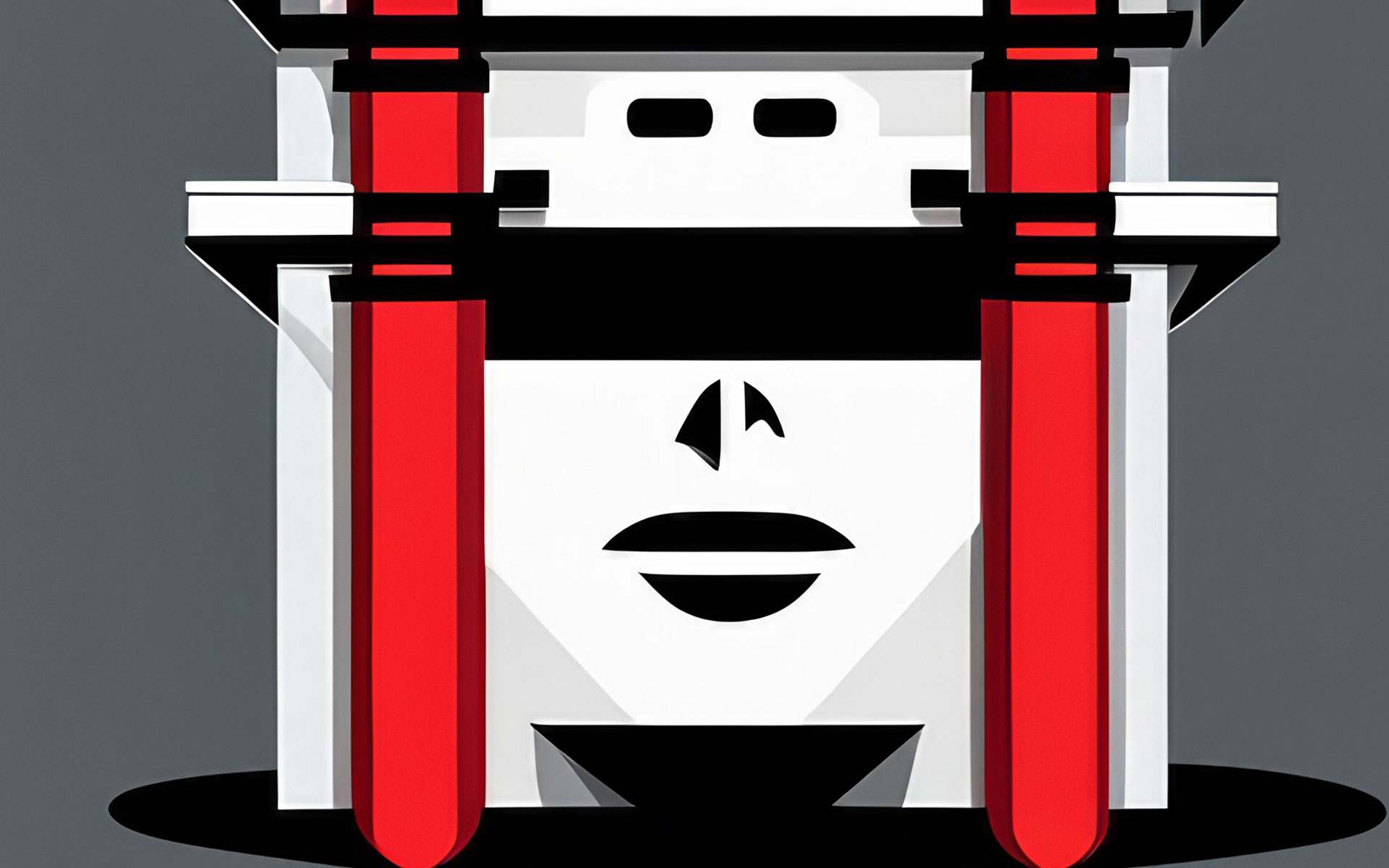Introduction
The Japanese samurai is one of the most iconic figures in history, renowned for their skill and bravery in battle. As such, their weapons have become synonymous with the samurai, and have come to represent the spirit of Japan itself. From the katana sword to the yumi bow, these weapons have a long and proud history that is deeply rooted in Japanese culture.
Japanese samurai weapons have been used for centuries, and their cultural significance cannot be overstated. The katana in particular is a symbol of honor and loyalty, and is seen as a reflection of the samurai’s own strength and skill. The yumi bow, on the other hand, is a symbol of the samurai’s respect for nature and the power of the natural world. Together, these weapons represent the samurai’s commitment to justice, honor, and courage.
History of the Katana Sword
The Japanese samurai is known for their iconic weapons, particularly the katana sword and the yumi bow. The katana sword is a curved, single-edged blade that is traditionally made from tamahagane steel. It is believed to have been first used during the Heian period (794-1185) and has since become a symbol of Japanese culture. The yumi bow is a longbow made from bamboo and wood and is considered to be the samurai’s most prized weapon. It was used for hunting and warfare, and was often seen as a sign of honor and respect. Both the katana and yumi bow have become symbols of Japanese culture and are still used in martial arts today. They remain an important part of the samurai’s legacy and are still revered by many.
What Are the Different Types of Japanese Samurai Weapons?
Japanese samurai weapons are some of the most iconic and recognizable weapons in the world. From the katana sword to the yumi bow, these weapons have a long and storied history that is deeply rooted in Japanese culture.
The katana sword is perhaps the most iconic of all Japanese samurai weapons and has become a symbol of strength and honor. It is a curved, single-edged sword with a long handle, and is traditionally made from a special type of Japanese steel called tamahagane. The katana is believed to have originated in the Muromachi period (1336–1573) and was used by samurai warriors as their primary weapon.
The yumi bow, on the other hand, is another type of Japanese samurai weapon that is still used today in traditional archery competitions. It is a longbow made from laminated bamboo and wood, and it was used by samurai warriors as a ranged weapon. The yumi bow has a long history of being used in battle and has been considered a symbol of power and strength since ancient times.
Japanese samurai weapons have a long and rich history that is deeply embedded in the culture of Japan. From the katana sword to the yumi bow, these weapons have been used for centuries and have come to represent strength, honor, and power.
Exploring the Cultural Significance of Japanese Samurai Weapons
The Japanese samurai weapons have been a source of cultural fascination for centuries. From the iconic katana sword to the powerful yumi bow, these weapons have been held in high regard for their quality and craftsmanship. But what is the cultural significance of these weapons?
The katana sword is perhaps the most recognizable of all Japanese samurai weapons. It was used by the samurai warriors of Japan to protect their honor and uphold their code of Bushido. The katana was a symbol of power and strength, and was highly respected by the samurai. The yumi bow, on the other hand, was a symbol of agility and skill. It was used to hunt and fight, and was a symbol of the samurai’s mastery of archery. Both weapons were integral to the samurai’s way of life and were held in high regard by the Japanese people.
The Japanese samurai weapons were more than just tools of warfare; they were symbols of honor and respect. In modern times, these weapons are still revered and held in high esteem by the Japanese people. They are a reminder of the samurai’s code of Bushido and a symbol of the samurai’s commitment to honor and courage.
The Martial Application of Japanese Samurai Weapons
The Japanese samurai weapons are some of the most iconic and recognizable in the world. From the katana sword to the yumi bow, these weapons have become a symbol of the warrior spirit and are deeply rooted in Japanese culture.
The katana sword is an art form unto itself, with its curved blade and ornate hilt. It was used by samurai in battles and duels, and even today it remains a symbol of honor and courage. The yumi bow is another weapon of choice for the samurai, and its design has changed little since its introduction centuries ago. It was used both in battle and in ceremonies, and it still holds a special place in Japanese culture.
These weapons are not just relics of the past, however. They remain in use today, with martial artists learning the techniques and forms of the samurai. The katana sword and yumi bow still carry a cultural significance, and they will continue to be a part of Japanese culture for years to come.
Conclusion: Exploring the Legacy and Impact of Japanese Samurai Weapons
The legacy of Japanese samurai weapons is still evident in modern times. From the iconic katana sword to the yumi bow, these weapons have been used in martial arts, films, and video games, and have become a symbol of Japanese culture. The katana sword, in particular, is widely recognized as a symbol of strength and honor. Its unique curved blade and intricate designs have become a symbol of Japanese culture and have been used to represent the samurai spirit.
The yumi bow, on the other hand, is widely known for its use in archery. It is a longbow with a unique curved shape, and is used to shoot arrows with great accuracy. It is often seen in martial arts movies and video games, and is seen as a symbol of strength and skill.
Japanese samurai weapons have had a lasting impact on Japanese culture. They are symbols of strength and honor, and have been used to represent the samurai spirit. They are also seen as symbols of skill and accuracy, and are widely used in martial arts, films, and video games.
The legacy of Japanese samurai weapons is an integral part of Japanese culture and history. The katana sword, in particular, has been an iconic symbol of the samurai warrior since the 16th century. In addition to the katana, other weapons such as the yumi bow and various polearms were used by the samurai in battle. These weapons also had a strong cultural significance, being used in rituals and ceremonies throughout the centuries. Beyond their use in battle, these weapons served as a source of pride and inspiration for many samurai warriors.
Today, Japanese samurai weapons remain an important part of the culture, as evidenced by the popularity of martial arts, cosplay, and anime. The legacy of the samurai is still alive and well, and these weapons are a testament to the skill and dedication of the warriors who have gone before us. Whether used in battle or in ceremony, these weapons will continue to inspire generations to come.
Japanese samurai weapons have a long and storied history, stretching back to the 7th century CE. During this period, the first weapons of the samurai class began to emerge, including the katana sword, yumi bow, and various other weapons. These weapons were used both in battle and in ceremonial contexts, and have become iconic symbols of the samurai class.
The katana and wakizashi are two of the most iconic Japanese samurai weapons. The katana is a long, curved single-edged sword, while the wakizashi is a shorter, single-edged sword. The katana is traditionally used for long-range combat, while the wakizashi is used for close-quarters combat.
Japanese samurai weapons can be divided into two main categories: swords and bows. The most iconic swords include the katana, wakizashi, and tanto. The most common bow is the yumi, which is a longbow made of bamboo and wood. Other weapons include spears, polearms, and various types of armor.
Japanese samurai weapons have a deep cultural significance in Japan. They are symbols of honor, courage, and strength, and have been used in various rituals and ceremonies. They are also seen as objects of beauty, with many people admiring their craftsmanship and intricate designs.












